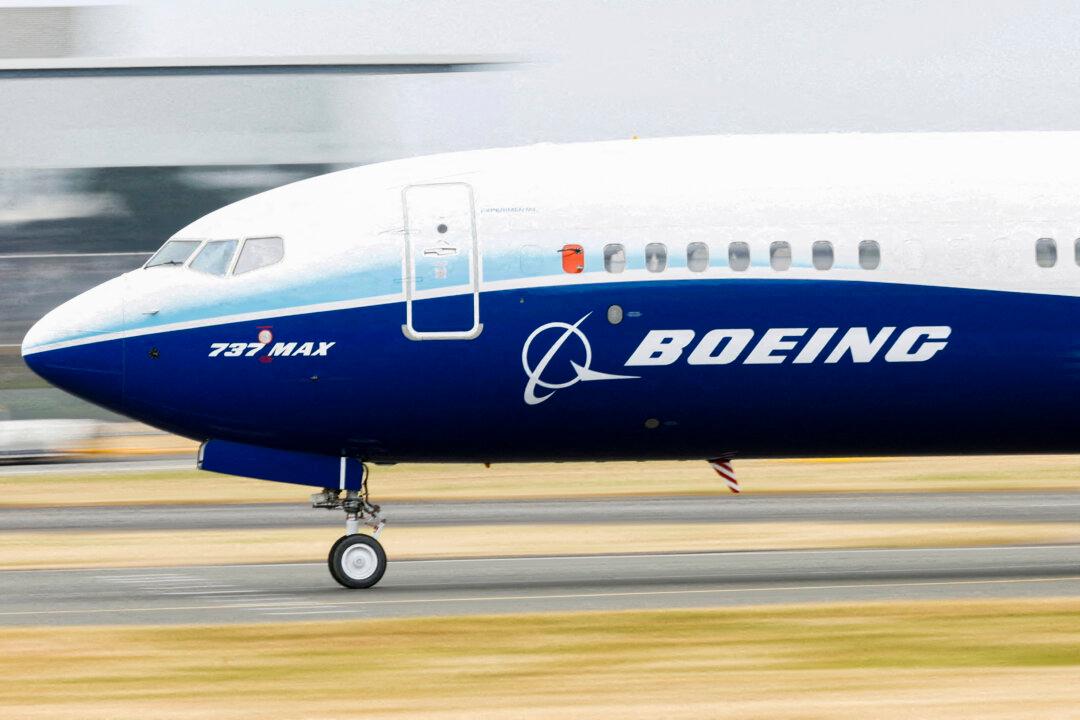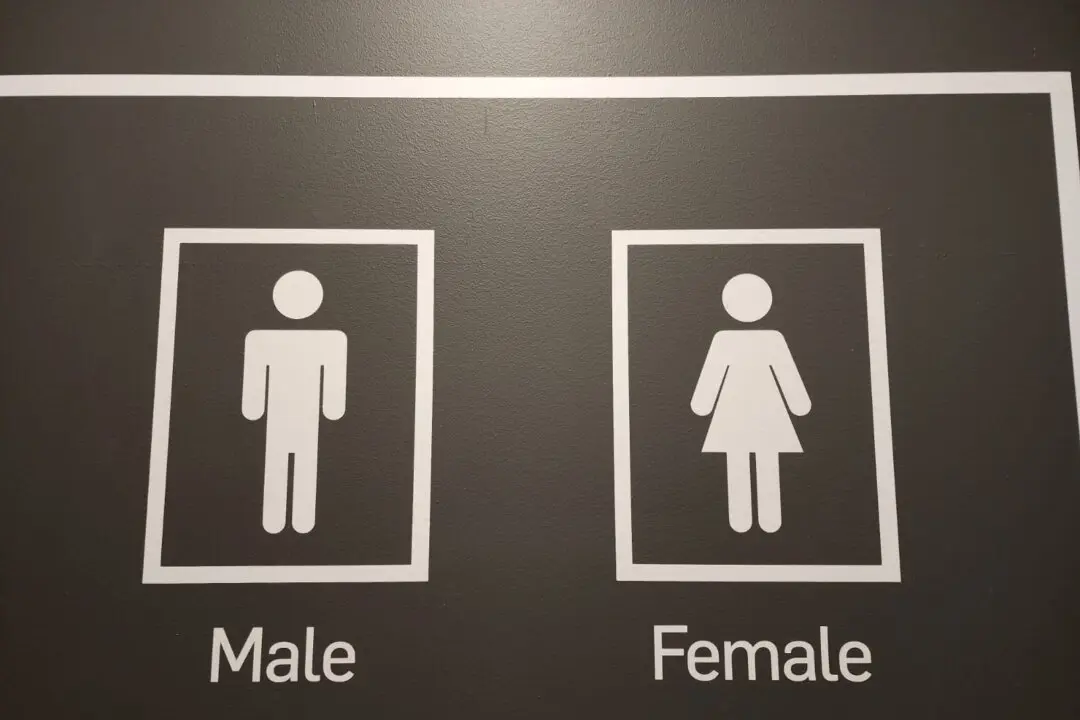Hundreds of flights were canceled across the United States early on Jan. 14 as severe winter weather forced many airlines to suspend their flight schedules.
On Jan. 14, 700 flights within, into, or out of the United States were canceled as of 4:10 a.m. EST, according to data from FlightAware. United Airlines led the pack with 220 flights getting canceled. This was followed by Alaska Airlines with 162 cancellations and Southwest Airlines with 146. The Denver International Airport in Colorado and the Seattle-Tacoma International Airport in Washington were the two airports that saw the highest number of flight cancellations, both as origin and destination airports.





